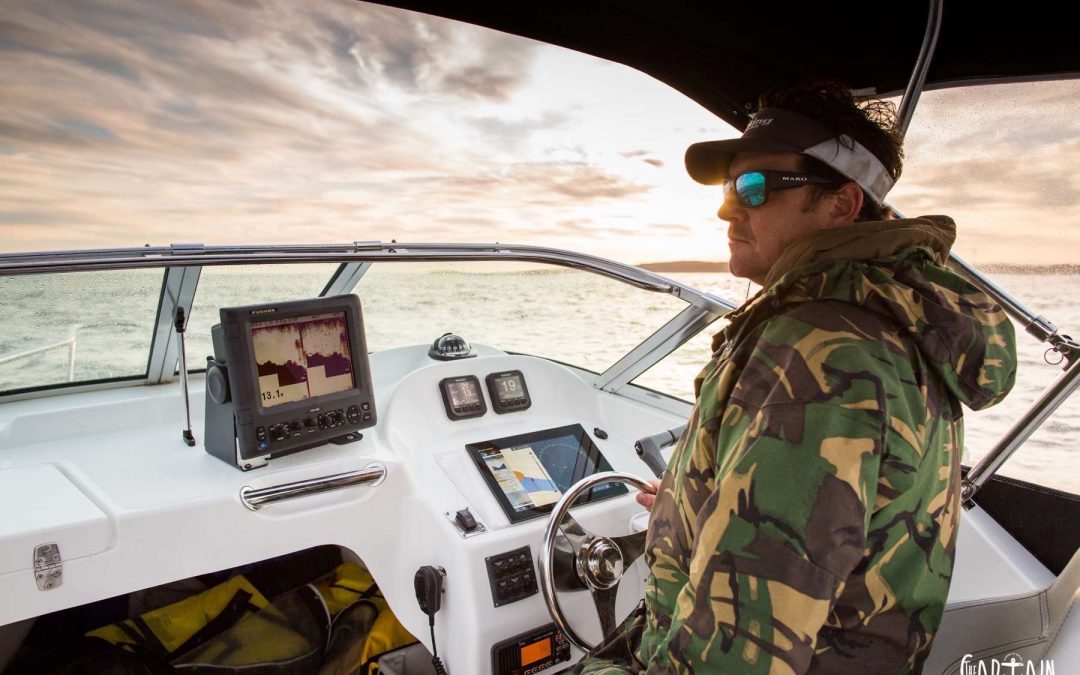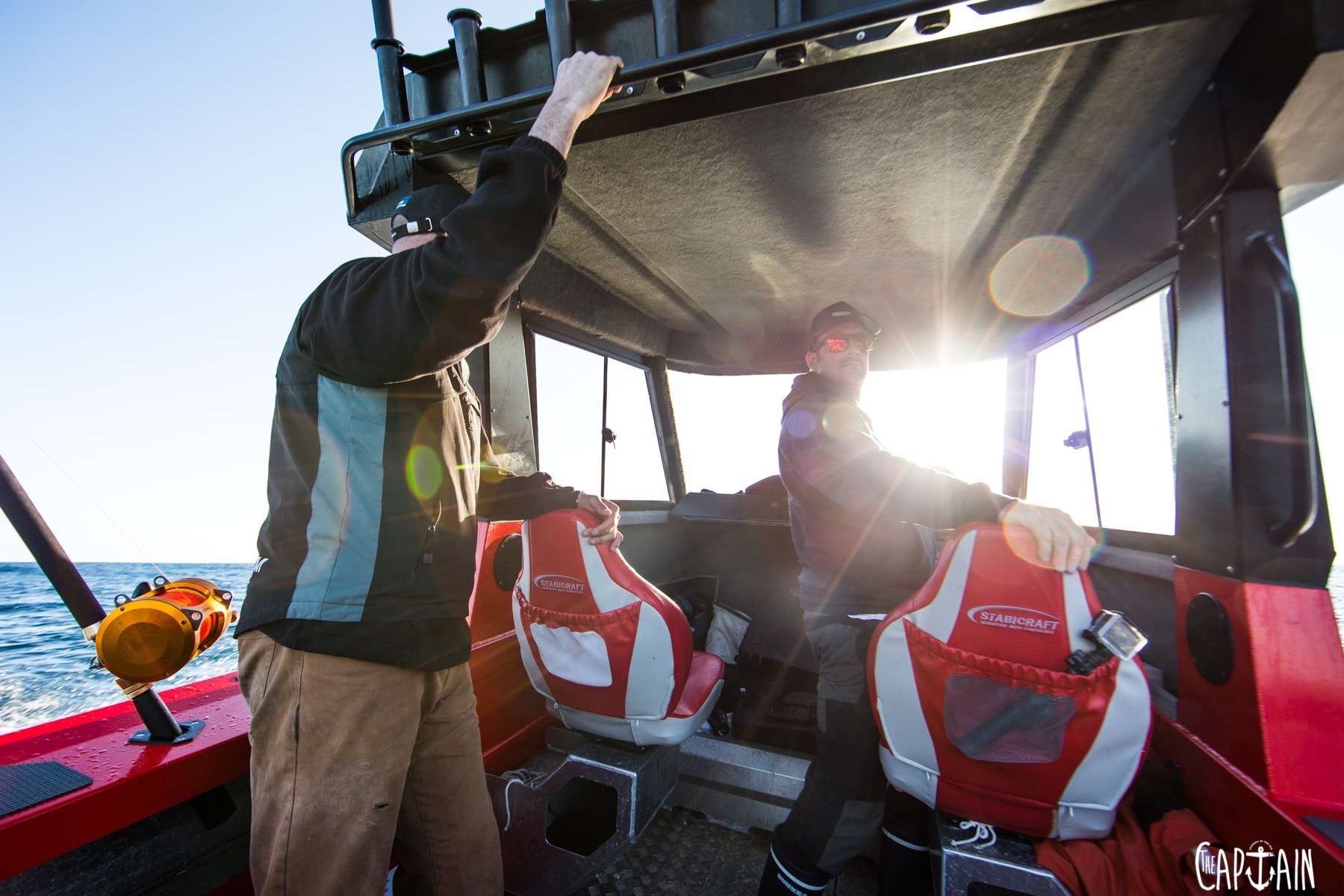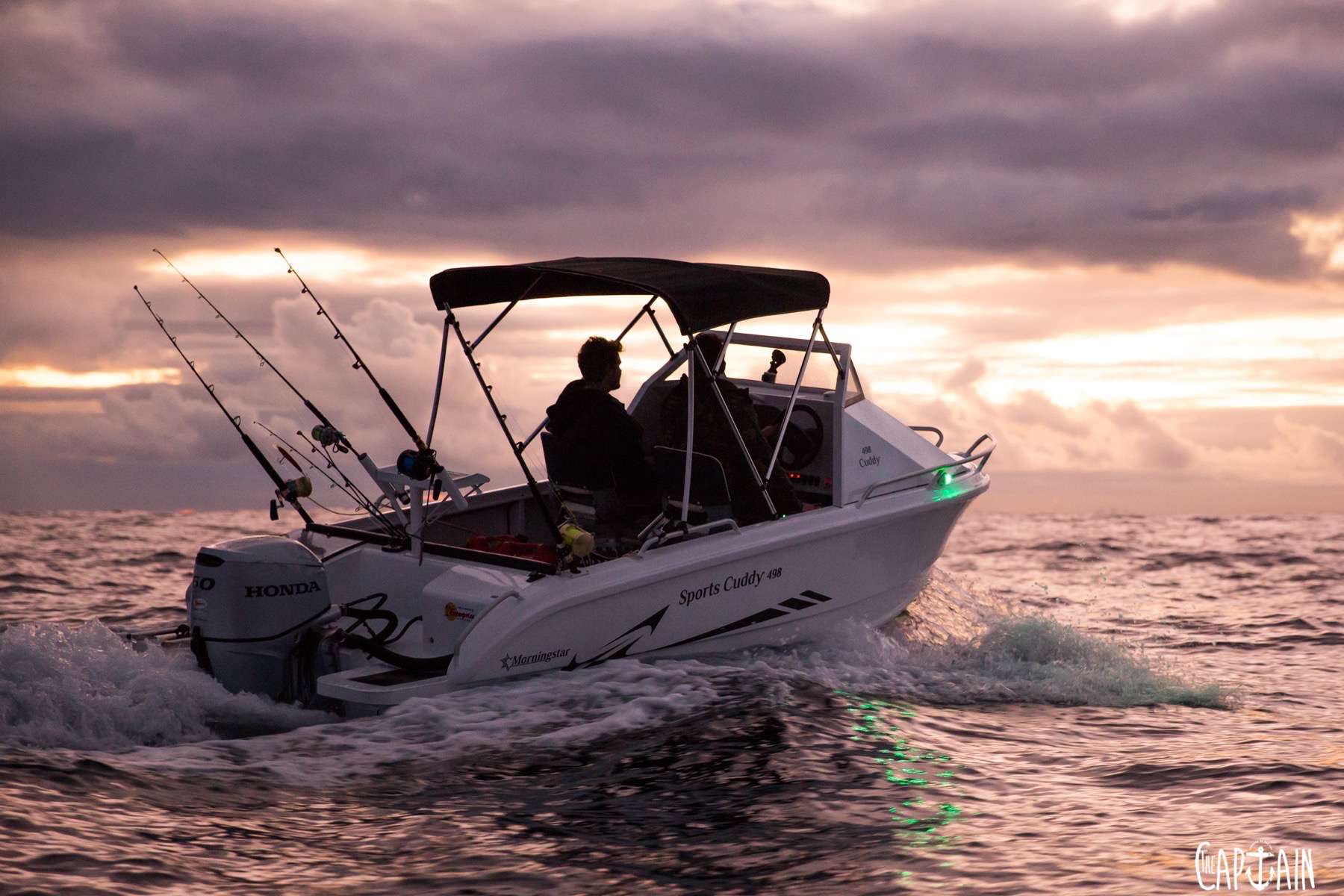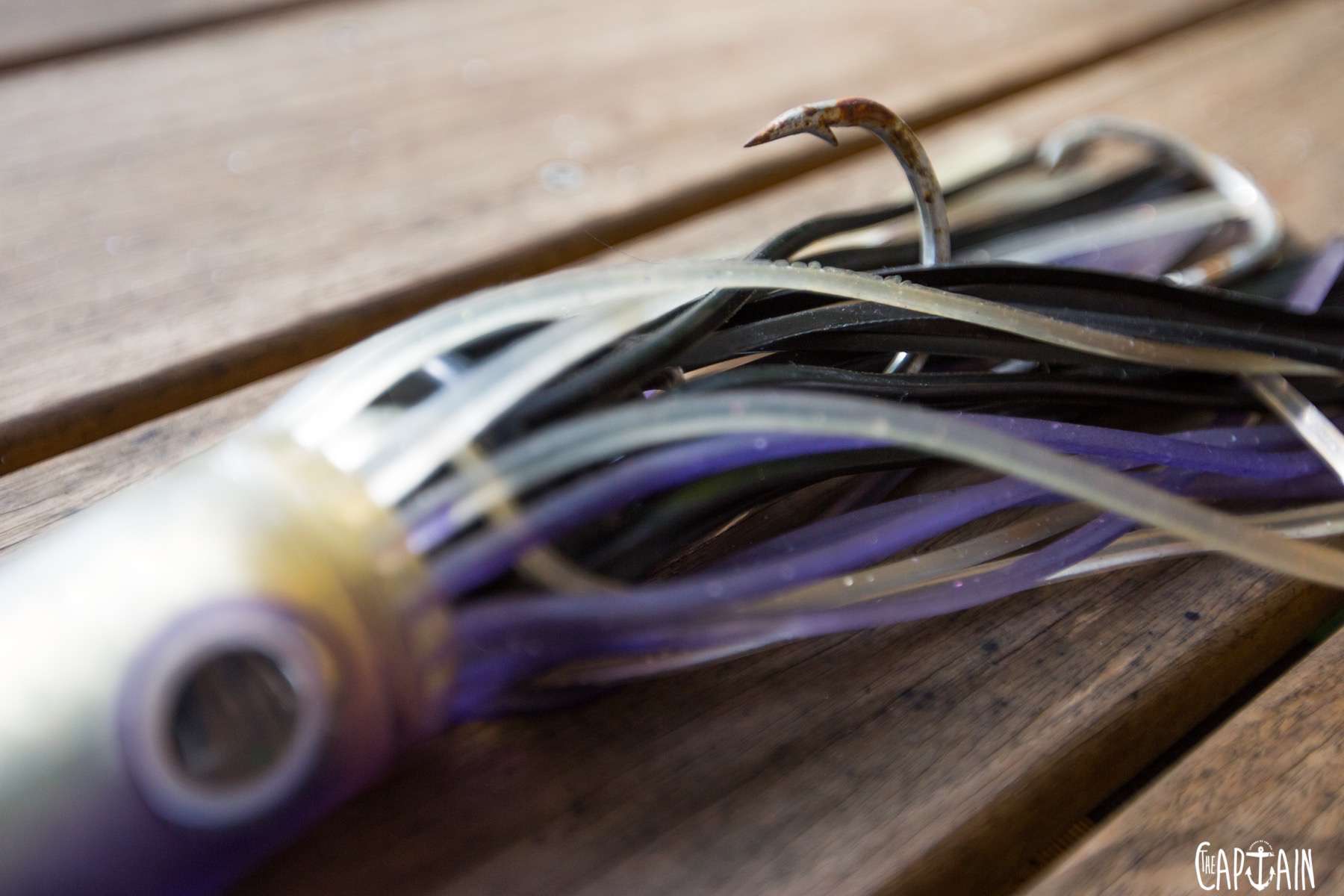PHASE ONE- STABILITY
Losing a huge fish near the side of the boat is a feeling no angler can ever really forget. Rods – and friendships – have been broken because of it. The Captain’s crew is no exception – once dropping not one but two ‘fish of a lifetime’ on the same trip! That took some therapy. Thankfully, there’s light at the end of the tunnel. We’ve put together a fisherman’s grief cycle to help you identify where you (or a fellow crew member) sits in the tunnel of torment – and strategies to find your way out.
PHASE TWO- SHOCK
Shock may appear as a silent nod – or no reaction at all. Internally, it’s been blocked out; the news has not really taken hold. The crewman may react physically with pale skin or shortness of breath. If you’re near the affected angler, repeatedly remind them what has just happened. Some may need a seat; others should be encouraged to find a private space to deal with this devastating loss.
PHASE THREE- DENIAL
After the initial shock, denial sets in. Some anglers close their eyes to the evidence, pretending nothing has happened and continuing to fish. Working through the phases is important to find acceptance, so it may be therapeutic to provoke the affected angler. Remind them of their loss so they are forced into acceptance. Agree that it is not fair. Show your own anger (thus legitimising their rage). Just keep any gaffs or bats stowed safely out of sight!
PHASE FOUR- ANGER
Now for the explosion of emotion where bottled-up feelings are let loose onto rods, boats and unwary fellow crew members. Whoever or whatever is in the way will be blamed and sworn at. Give the aggrieved crewman space. Let the storm blow itself out. Where anger becomes destructive, it must be addressed directly. But don’t start an argument that may push them back into denial. Support their anger. Accept it. Let them be angry at you.
PHASE FIVE- BARGAINING
After the fires of rage have subsided, the next stage is a desperate round of bargaining in the vain hope that the disaster is reversible. This can take many forms – a prayer for another bite or the promise to be a better fisherman. When crewmen are in this bargaining phase, don’t offer them false hope, but do support any new opportunities that present themselves – maybe a troll around the FADs for dolphin fish or a drop for snapper on the way in. A win-win deal will help everyone move through the cycle.
PHASE SIX- DEPRESSION
In this deep pit of despair, the bereft fisherman sees no light at the end of his tunnel, only a never ending nothingness. They will often stare vacantly at lure rolls or gaffs. Be there with them, accepting their misery, even if it seems they don’t want you there. Don’t let them dwell, keep them moving. Perhaps get out some fresh gear and try to reawaken the fishing life force.
PHASE SEVEN- TESTING
Eventually, the affected angler will begin to look for little things to do. These may be taken on as ‘experiments’ to facilitate emergence from the dark hole of despair. Give them as much responsibility as possible – it acts as a lifeline of stability.
PHASE EIGHT- ACCEPTANCE
The final stage is a return to stability, taking ownership of their actions. Some survivors will be actively looking for new fish; others will have put their fishing gear on BuySwapSell. Help them to establish themselves in their new position. Congratulate them on getting through the change and celebrate the completion of their transition.
LOOK HERE;
This is a firmly-tongue-incheek adaptation of the Kubler-Ross Grief Cycle model. All joking aside, The Captain knows that the black dog is a serious business. If you’re suffering with depression or anxiety in any form, reach out to Beyondblue on 1300 22 4636 or visit www.beyondblue.org





Recent Comments